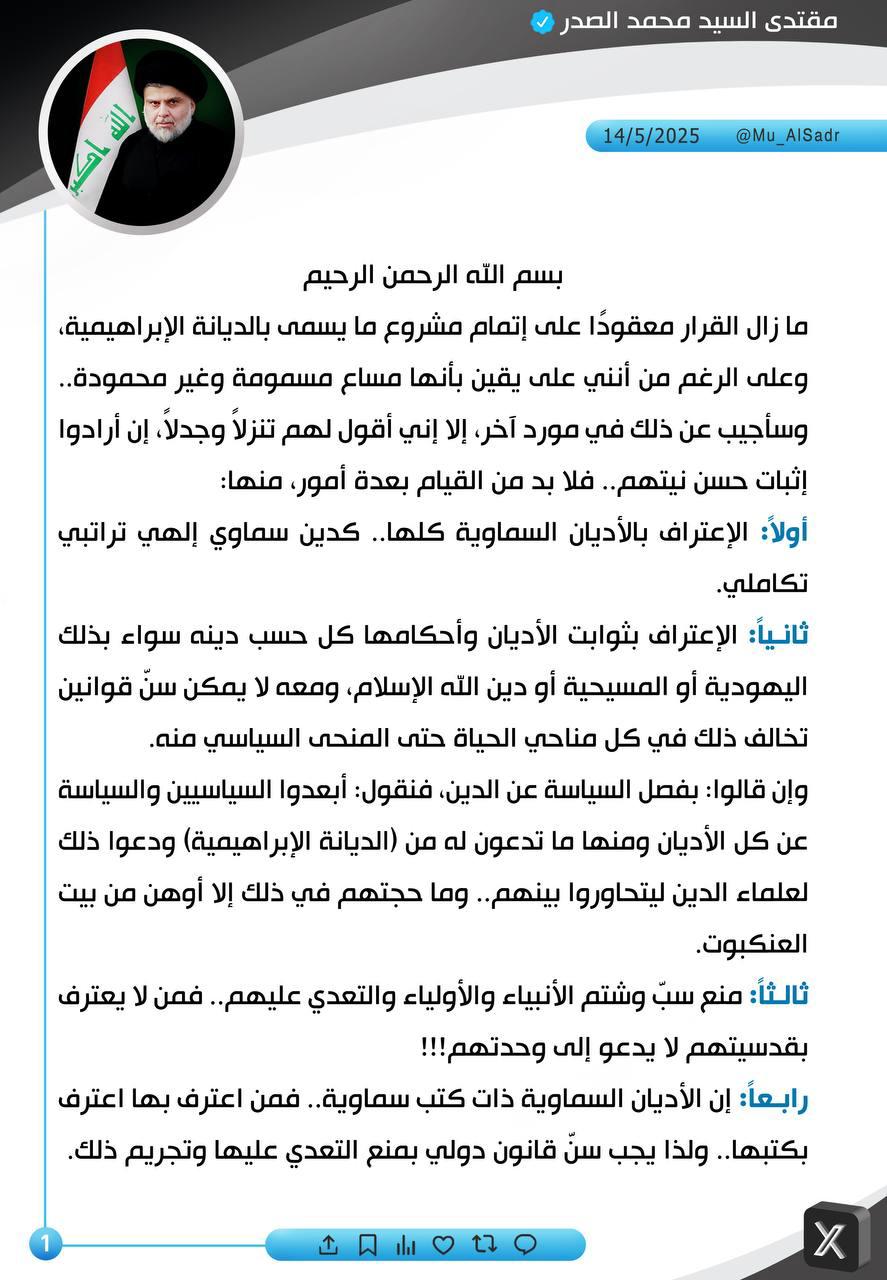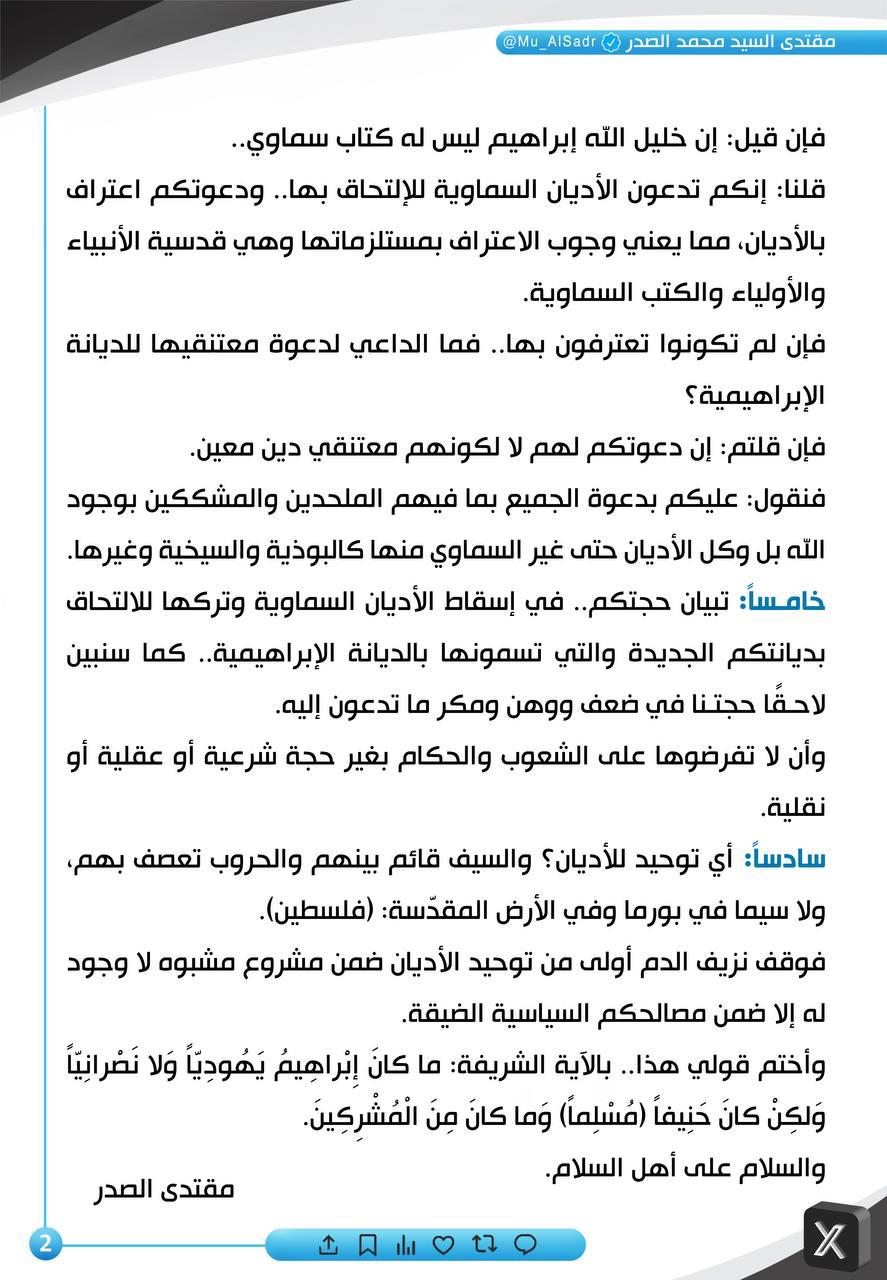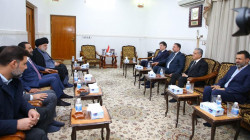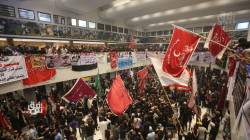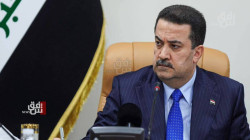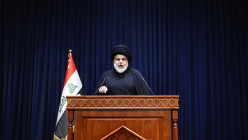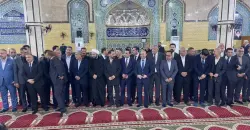Poisoned and suspicious: Al-Sadr slams Abrahamic religion initiative
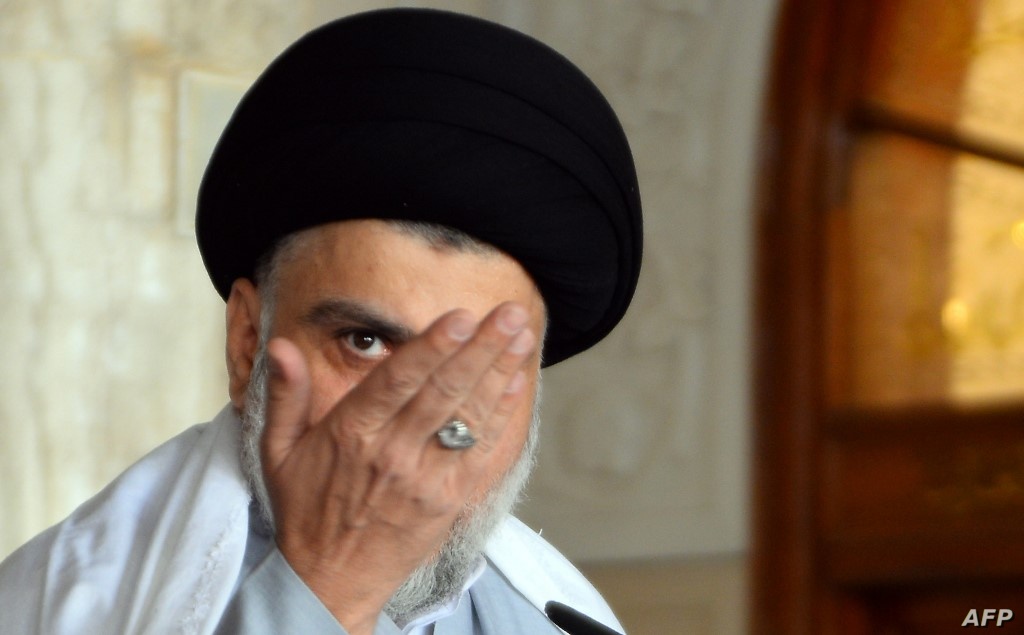
Shafaq News/ Iraqi Patriotic Shiite Movement (Sadrist) leader Muqtada al-Sadr denounced, on Wednesday, the Abrahamic religion initiative, labeling it a “poisoned and unconstructive project.”
The initiative, also known as the Abrahamic family or Abrahamic religions project, seeks to foster interfaith dialogue and promote peaceful coexistence among the three monotheistic religions (Islam, Christianity, and Judaism). However, al-Sadr described it, in a statement, as a “suspicious undertaking” that threatens to blur the doctrinal boundaries of the world’s major monotheistic faiths.
While acknowledging earlier conversations with proponents of the concept, he firmly rescinded any prior endorsement, outlining six conditions he believes are “essential for genuine religious unity.” Chief among them is the recognition of Judaism, Christianity, and Islam as distinct, divinely inspired religions, each deserving full respect without being absorbed into a generalized or hybrid framework.
Al-Sadr emphasized that the preservation of religious law and doctrine is “non-negotiable,” warning against legislation that undermines sacred teachings. He also called for legal protections against blasphemy, urging the criminalization of offenses against prophets and saints.
“Those who do not recognize their sanctity cannot speak credibly of unity.”
He further demanded international safeguards for religious texts, stating, “Honoring a religion includes respecting its sacred texts.”
Criticizing the initiative’s philosophical foundation, al-Sadr accused its architects of attempting to dilute authentic Abrahamic traditions for the sake of a politically convenient construct. He pledged to release a comprehensive rebuttal exposing what he described as the “flawed and deceptive logic” driving the project, cautioning against any attempt to impose it on societies without clear theological legitimacy.
“How can there be interfaith unity while wars rage, especially in Myanmar and Palestine? Stopping the bloodshed must come before advancing projects driven by narrow political interests,” he concluded.
